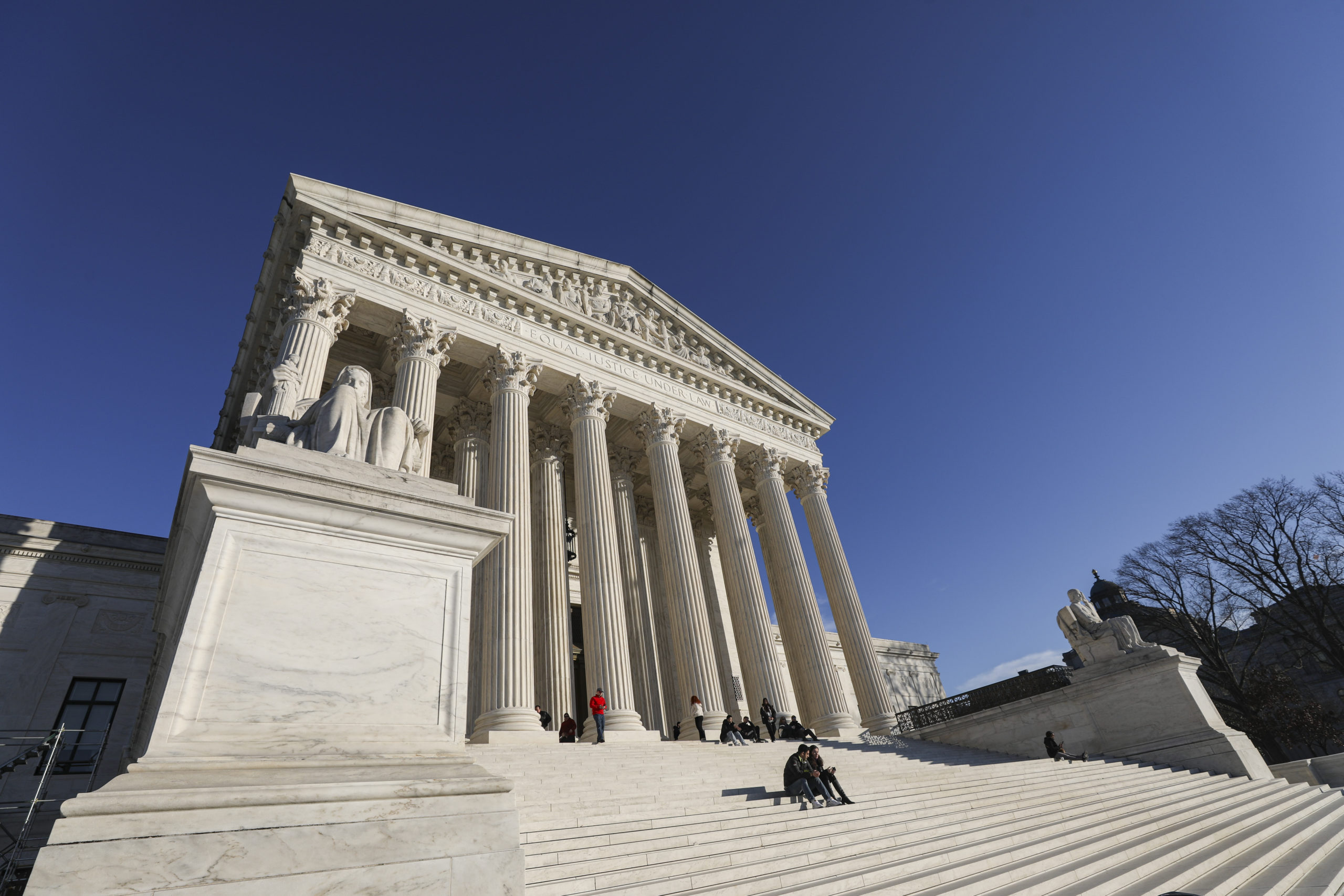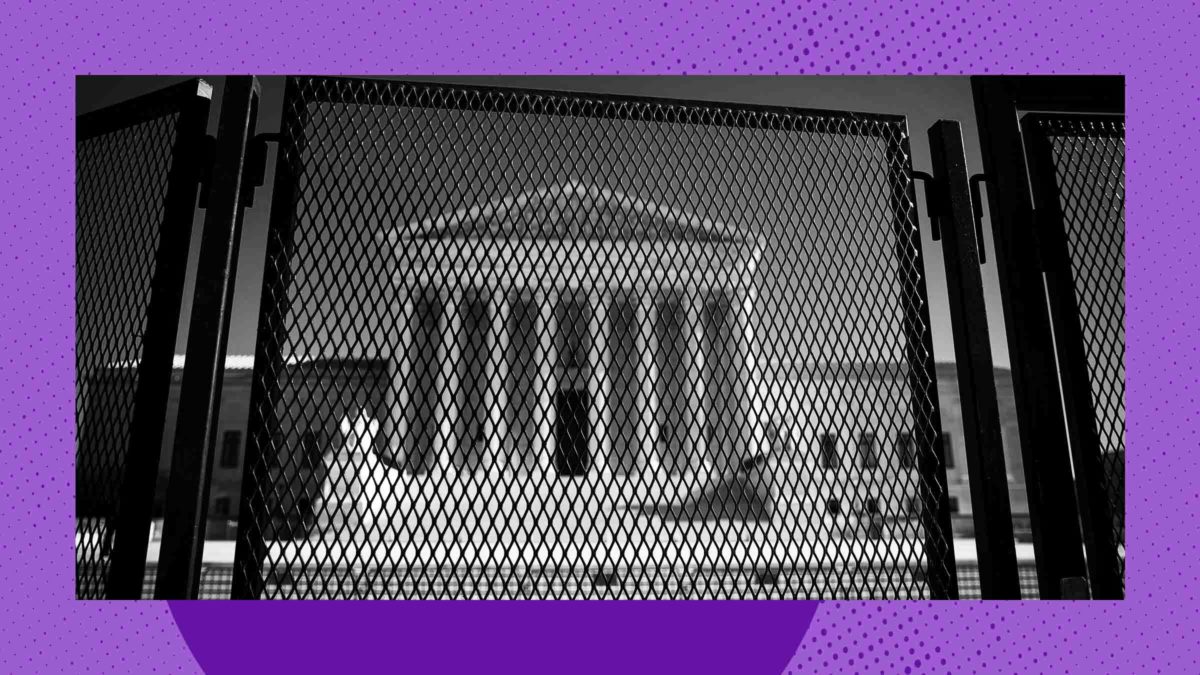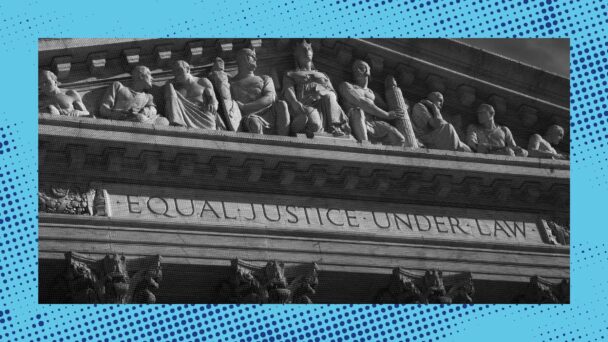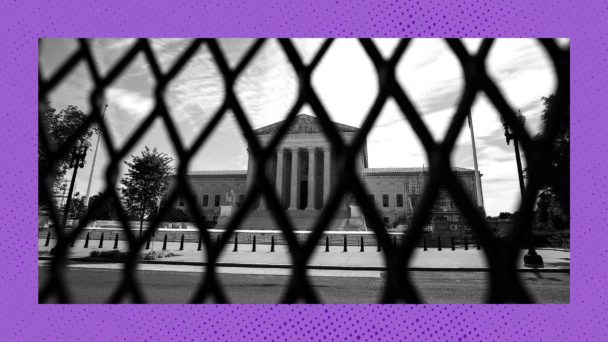SentosaCare is powerful. It is New York’s largest owner of nursing homes, with some 25 facilities and 5,400 beds, according to ProPublica. Its services are also in demand: Like many healthcare providers operating in a market with an acute shortage of qualified nurses, Sentosa relies on recruiting immigrant women, often from the Philippines, to fill care gaps.
Many of these nurses, however, say Sentosa sold them a dream of a high-paying job in New York, only to provide overcrowded housing, long shifts, and low pay. The contracts between Sentosa and its employees were meant to intimidate the nurses into silence, and allowed the company to sue anyone who quit before three years for $25,000. The American Prospect recently called Sentosa a “nursing home cartel” in part for its efforts to kill a law that would have ensured that nursing homes in New York spend the majority of their funds on providing care to their patients. (Imagine that.)
In 2006, a group of nurses working at Avalon Gardens, a Sentosa home for critically ill children and adults, went to the Philippine consulate for help. An official there put them in touch with Felix Vinluan, a lawyer who advised them that Sentosa had breached their contract and they had the right to quit without fearing any penalties. Plus, thanks to the good ol’ Thirteenth Amendment, no one can force another person to remain in a job they don’t want. Before quitting, the nurses made sure to find coverage for the rest of their shifts, so that their departures didn’t leave patients in the lurch.
Sentosa was irate. It filed a complaint with the state nurse licensing agency alleging that the nurses had “abandoned their patients,” and filed a civil lawsuit to prevent Vinluan from speaking with its employees. When both of these efforts proved unsuccessful, Sentosa’s lawyer, Howard Fensterman, met with Suffolk County prosecutors Leonard Lato and Thomas Spota and urged them to bring charges against the nurses, claiming that they had quit mid-shift. (Fensterman and Spota were apparently familiar with one another, so Spota was willing to take the meeting.) The prosecutors were persuaded and charged the nurses with endangering their patients—and, for good measure, charged Vinluan with conspiring with the nurses to do so.
A state court of appeals halted the prosecutions in January 2009, concluding that the prosecutors had acted “without or in excess of” their legal power to “punish the nurse plaintiffs for resigning from their employment at will, and to punish Vinluan for providing legal advice.” Together, the court found, the prosecutions violated the First and Thirteenth Amendment rights to freedom of speech and freedom from coerced labor, respectively.
In 2010, the nurses and Vinluan sued Lato and Spota for these violations of their fundamental constitutional rights. But a federal appeals court refused to allow the lawsuit to move forward, since prosecutors enjoy what’s known as absolute immunity for the discretionary decisions they make on the job—a doctrine that effectively provides them with complete protection from liability for wrongdoing. The court held that absolute immunity applies even when an official’s actions are guided by “improper motives,” such as, to take a random example, prosecuting immigrant women who dared challenge their awful working conditions.
The nurses appealed to the U.S. Supreme Court. On Monday, the justices declined to hear the case, Anilao v. Spota. As usual, they did not offer any explanation or comment.

(Photo by Celal Gunes/Anadolu Agency via Getty Images)
The Court’s failure to act here adds another layer to the judiciary’s complicity in prosecutorial misconduct, particularly when it intersects with corporate greed. Sentosa pulled out all the stops to try and retaliate against the nurses, but only Lato and Spota took the bait, and only at the urging of Fensterman, who used his connections to personally lobby them to take action. Allowing the DA’s office to get away with the sham prosecutions here sends the message that prosecutors everywhere are all-powerful figures above reproach.
The U.S. legal system includes few meaningful checks on prosecutors fulfilling their most important duty: deciding whom to charge, and with what. This is all the more troubling considering whom prosecutors disproportionately target: people of color who are vulnerable, young, and poor. As Denny Chin, a Second Circuit judge who dissented in the case below, noted, “it is hard to imagine that the ten nurses would have been prosecuted for resigning their jobs if they had been White and American citizens.”
Even when prosecutors abuse their power on behalf of corporate allies, absolute immunity ensures that they’ll remain free as ever to weaponize the criminal legal system going forward. Why would any prosecutor bother treading carefully when the next Sentosa shows up in their offices, asking for a favor? The Court has made clear it won’t do a thing about it.




